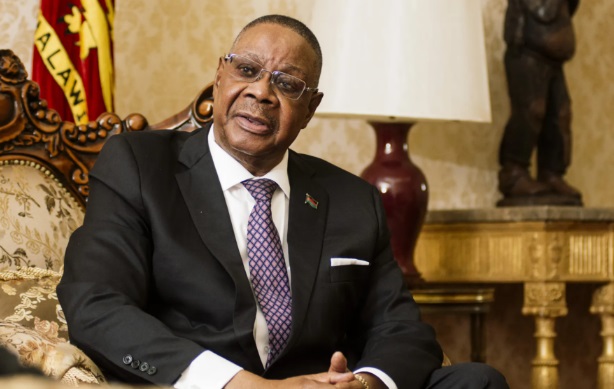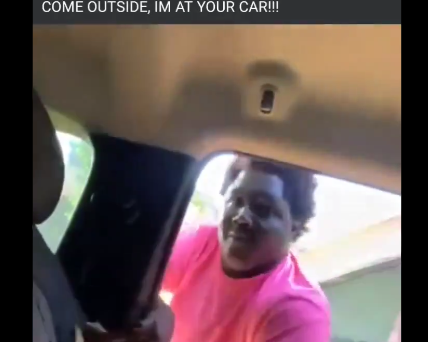- Peter Mutharika wins Malawi election with 57%, Chakwera gets 33%.
- Chakwera concedes defeat and congratulates Mutharika.
- Malawi grapples with inflation, fuel shortages, currency scarcity, and high living costs.
- Celebrations and protests unfold in Lilongwe following the results.
- Result reflects public rejection of Chakwera more than full endorsement of Mutharika.
- Mutharika faces urgent economic challenges upon returning to power.
- Questions arise about his health and capacity at 85.
- Swearing-in expected within 7–30 days.
Peter Mutharika has staged a remarkable comeback in Malawi, clinching last week’s presidential election with 57% of the vote, leaving incumbent Lazarus Chakwera far behind at 33%. Chakwera, who previously worked as a pastor, accepted the outcome and personally called Mutharika to congratulate him on the result.
Mutharika, 85, previously led the nation from 2014 to 2020 but lost to Chakwera after the annulment of the 2019 election due to irregularities, including tampered results. The pair’s rivalry now extends to four contested elections.
Malawi faces deep economic turmoil under Chakwera, including nearly 30% inflation, fuel shortages, a scarcity of foreign currency, and soaring prices for basic goods. Many citizens struggle to afford necessities, with frozen chicken alone costing around $20 in a country where the majority survive on less than $2 daily.
The streets of Lilongwe erupted in jubilation following the announcement. Supporters danced, sang, and honked car horns, while some demonstrators removed and stomped on posters of Chakwera. The public response reflects growing frustration with the outgoing administration’s handling of corruption, power outages, and economic stagnation.
Observers note that the election result signals a rejection of Chakwera’s tenure rather than unreserved enthusiasm for Mutharika. Still, the veteran leader faces pressing challenges, particularly addressing inflation and reviving the economy. His limited public presence during the campaign has also raised questions about whether he has the energy to govern effectively at his age.
The formal swearing-in ceremony is scheduled to occur within 7 to 30 days following the official announcement.



